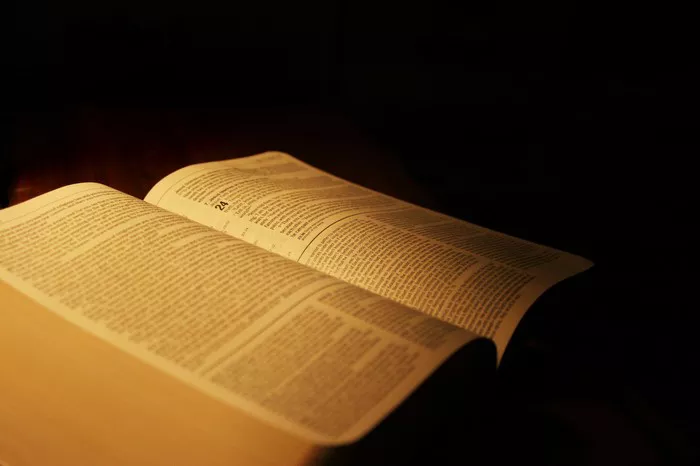Identification of the First Murderer
In the annals of biblical history, the figure of Cain emerges as the archetype of humanity’s first murderer. Born to Adam and Eve, Cain occupies a pivotal role in the narrative of Genesis, embodying the depths of human depravity and the consequences of succumbing to sin.
The Story of Cain and Abel
The story of Cain and Abel unfolds against the backdrop of humanity’s infancy, in the aftermath of the expulsion from the Garden of Eden. As the firstborn son of Adam and Eve, Cain was entrusted with the weighty responsibility of tending the earth, while his younger brother Abel tended to the flocks. Both brothers offered sacrifices to God, an act of worship and obedience. However, God favored Abel’s offering of the choicest of his flock over Cain’s offering of the fruit of the ground. This preference ignited a flame of jealousy within Cain, setting in motion a tragic sequence of events.
Cain’s Motivation
Cain’s jealousy towards his brother Abel stemmed from a deep-seated sense of inadequacy and wounded pride. The favor bestowed upon Abel’s sacrifice by God stoked the embers of Cain’s resentment, as he grappled with feelings of inferiority and rejection. Despite his best efforts, Cain’s offering fell short in the eyes of God, intensifying his simmering envy and driving him towards a dark and irreversible path.
God’s Warning and Cain’s Response
In a moment of divine intervention, God issued a solemn warning to Cain, urging him to resist the allure of sin that lurked at his door. This warning, laden with implications of impending doom, offered Cain an opportunity for repentance and redemption. However, consumed by his jealousy and blinded by rage, Cain obstinately disregarded God’s counsel, choosing instead to yield to the festering darkness within his soul.
The Consequences for Cain
Cain’s decision to yield to the primal urges of jealousy and anger carried profound repercussions. God, in His divine justice, pronounced a curse upon Cain, condemning him to a life of toil and hardship. No longer would the earth yield its abundance to him; instead, it would resist his efforts, mocking his futile attempts to wrest sustenance from its unforgiving soil. Moreover, Cain faced expulsion from his familial home, cast out to wander the earth as a solitary exile marked by a sign of divine protection. Thus, he became a pariah, forever branded by the stain of fratricide and condemned to a life of perpetual solitude and remorse.
Theological Implications
The narrative of Cain and Abel grapples with profound theological themes that resonate across the corridors of time. It serves as a stark reminder of humanity’s capacity for both good and evil, illuminating the eternal struggle between righteousness and sin. Moreover, it underscores the significance of free will in shaping human destiny, as Cain’s choices irrevocably altered the course of his life and the lives of those around him.
Furthermore, the story prompts reflection on the nature of divine justice and mercy. Despite Cain’s grievous transgression, God did not abandon him entirely. Even in his exile, Cain was granted a mark of protection, emblematic of God’s enduring grace amidst humanity’s fallibility. Thus, the narrative of Cain and Abel serves as a testament to the unfathomable depths of God’s love and mercy, even in the face of humanity’s darkest deeds.
Cain’s Legacy
Although Cain’s story concludes with his exile, his legacy reverberates throughout subsequent biblical narratives. His descendants, chronicled in Genesis, carve out their own place in history, contributing to the tapestry of human civilization. Moreover, Cain’s lineage serves as a sobering reminder of the enduring consequences of sin, echoing through generations to come and casting a shadow over humanity’s collective journey towards redemption.
In conclusion, the tale of Cain and Abel stands as a timeless parable, offering profound insights into the human condition and the divine-human relationship. Through its exploration of jealousy, anger, and their devastating consequences, it imparts valuable lessons that continue to resonate with readers today. As we reflect on Cain’s tragic descent into fratricide, may we heed the warning against succumbing to the destructive forces that lurk within our own hearts, and strive towards a path of righteousness and redemption.


